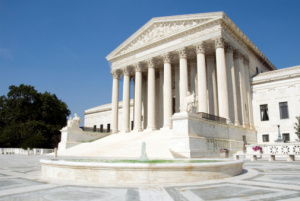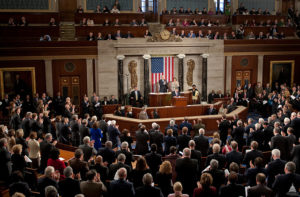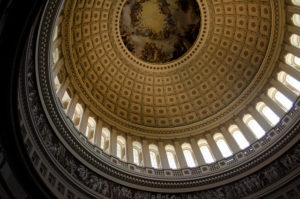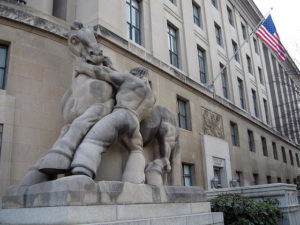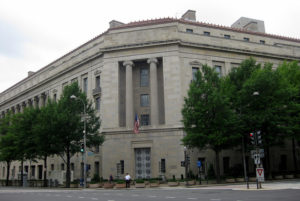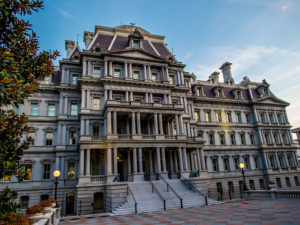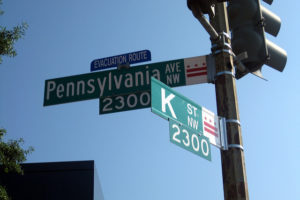Searching for Real Regulatory Independence
OECD report calls for agency independence to serve as a bulwark against breakdowns in the regulatory process.
Finality and the Virtues of Jurisdictional Declarations
The Supreme Court sheds light on the finality of Army Corps of Engineers’ jurisdictional determinations.
The Supreme Court’s 2015–2016 Regulatory Term
The Regulatory Review highlights the regulatory decisions from the Supreme Court’s past term.
A Resource List on Regulatory Capture and Reform
Learn about the history of regulatory capture, its effect on public policy, and remedies for addressing corruption.
When the Rule-Makers Are Captured
According to experts on a recent panel, identifying, measuring, and tackling capture should be a top priority for government.
The Elusiveness of Regulatory Capture
Regulatory capture is hard to pin down, its elusiveness stemming from four principal factors.
Exploring Regulatory Capture’s Unanswered Questions
Rent-seeking and profit-seeking behavior provide valuable insights into the concept of regulatory capture.
Regulatory Capture, Ancient and Modern
Regulatory capture’s antecedents in political thought—which date back to ancient Greece—inform the modern concept.
Regulatory Capture in Enforcement
Enforcement decisions are oft-overlooked, yet such decisions merit heightened scrutiny if regulatory capture is to be reined in.
Preventing Regulatory Capture
When a regulation’s benefits exceed its costs, simplicity and interdisciplinary processes are essential to reducing capture.
Challenges in Measuring Regulatory Capture
Regulatory capture, neither inevitable nor a death trap for agencies, must be reduced to advance public policy goals.



